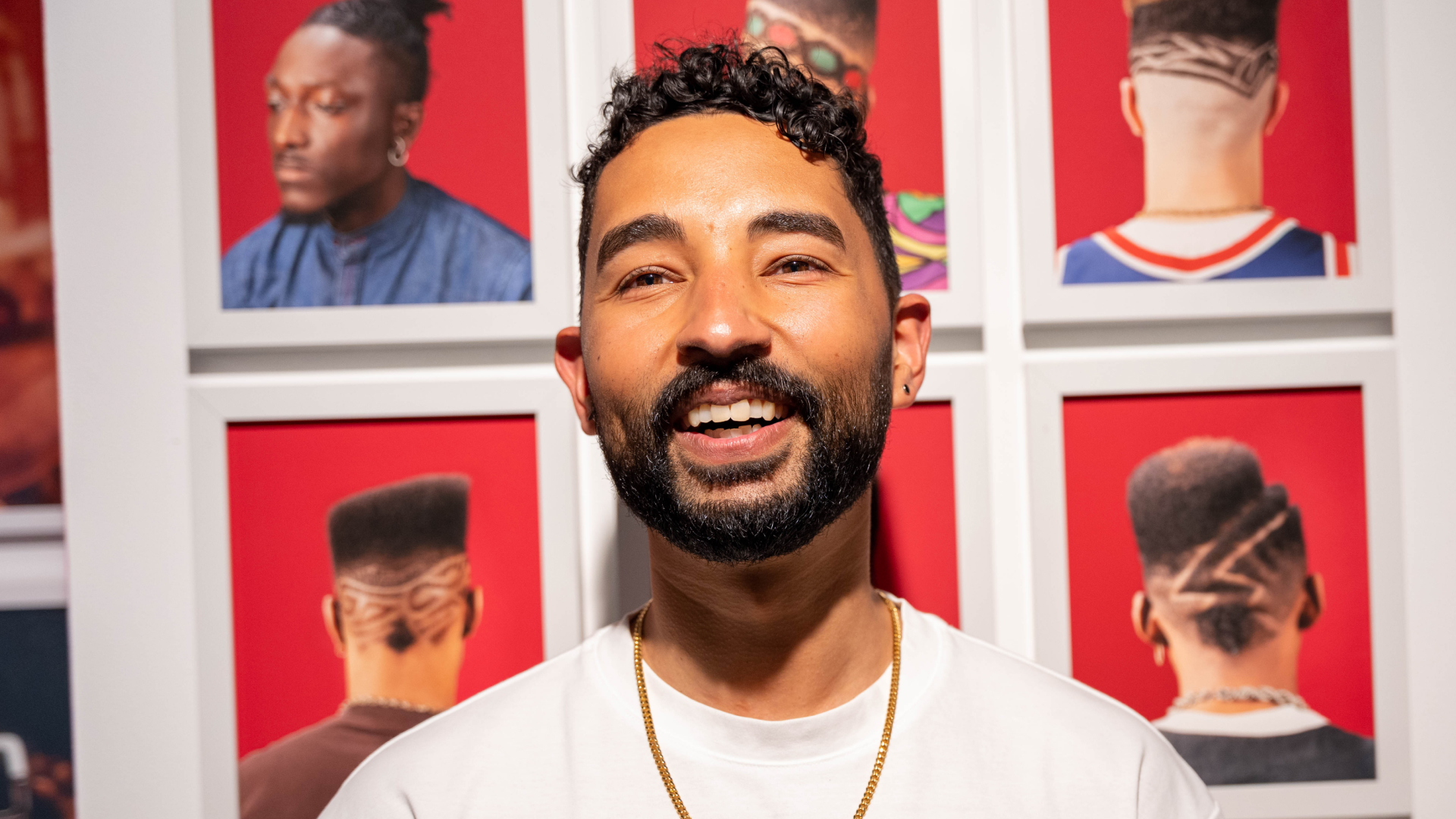About
Image Left: Through A Lens Darkly Film Poster Image Right: Detroit based plus-size model and activist Leah Vernon with her favorite family photographs.Courtesy of Digital Diaspora Family Reunion LLC
Join us on Zoom for today's program:
Please click the link below to join the webinar:
https://us02web.zoom.us/j/82705124020?pwd=ZDB3aDd4Nk5XNDlRWThtMWF5VVpOdz09
Passcode: 763343
Museum of the African Diaspora and Black Public Media present
African Diaspora Film Club at MoAD | A Double Feature with Director Thomas Allen Harris
Join us for our monthly series, The African Diaspora Film Club. Modeled after our African Book Club, we will meet once a month to discuss a film that we have all viewed in advance of the discussion. The conversation will be moderated by Cornelius Moore, co-director of California Newsreel and film series curator at MoAD. We will be choosing a selection of films, some previously screened at MoAD. You may have already seen it, or this may be your first introduction. In either case, join us on the second Sunday of the month for a lively discussion of the film.
This month we will be discussing the work of Director Thomas Allen Harris, including his 2014 documentary THROUGH A LENS DARKLY: BLACK PHOTOGRAPHERS AND THE EMERGENCE OF A PEOPLE (2014, 92 mins) and his current PBS series FAMILY PICTURES USA. You will receive instructions to join via zoom after you sign up here. Look for an email from MoAD after you sign up, if you don’t receive it in your inbox, look in your spam or junk mail.
We will not be screening the film or episodes of the series. Please view the film and episodes on your own in advance of the discussion. THROUGH A LENS DARKLY is available for you to screen on kanopy.com (free with a local library card) and episodes of FAMILY PICTURES USA are available to view here on PBS. You may also access the episodes on Vimeo:
FAMILY PICTURES USA: NORTH CAROLINA
FAMILY PICTURES USA: SOUTHWEST FLORIDA
Director Thomas Allen Harris will join us for the discussion.
The first documentary to explore the role of photography in shaping the identity, aspirations, and social emergence of African Americans from slavery to the present, Through a Lens Darkly: Black Photographers and the Emergence of a People (2014) probes the recesses of American history through images that have been suppressed, forgotten, and lost.
Family Pictures USA is a national PBS series and community engagement project which was broadcast to over 5.3 million viewers and takes a radical look at neighborhoods and cities of the United States through the lens of family photographs, collaborative performances, and personal testimony sourced from communities

Thomas Allen Harris is a filmmaker and artist whose work across film, video, photography, and performance illuminates the human condition and the search for identity, family, and spirituality. In 2009, Harris founded Digital Diaspora Family Reunion, LLC (DDFR) a socially engaged transmedia project that has incorporated community organizing, performance, virtual gathering spaces, and storytelling into over 45 unique audio-visual events in over 75 cities. DDFR culminated in the national broadcast of Family Pictures USA on PBS, garnering an audience of over 5.3 million, which was critically received by the New York Times, the L.A. Times, and the Chronicle of Philanthropy. He continues to speak and teach on the value of the family photo album as a tool for social change and is on faculty at Yale University
The African Diaspora Film Club is presented in partnership with Black Public MediaBlack Public Media (BPM), formerly known as National Black Programming Consortium develops, produces, funds, and distributes media content about the African American and global Black experience. Our mission is to commit to a fully realized expression of democracy and we accomplish this by supporting diverse voices through training, education, and investment in visionary content makers.
For 40 years, BPM has addressed the needs of unserved and underserved audiences. BPM continues to address historical, contemporary, and systemic challenges that traditionally impede the development and distribution of black stories.

Made possible by
Current Exhibitions





